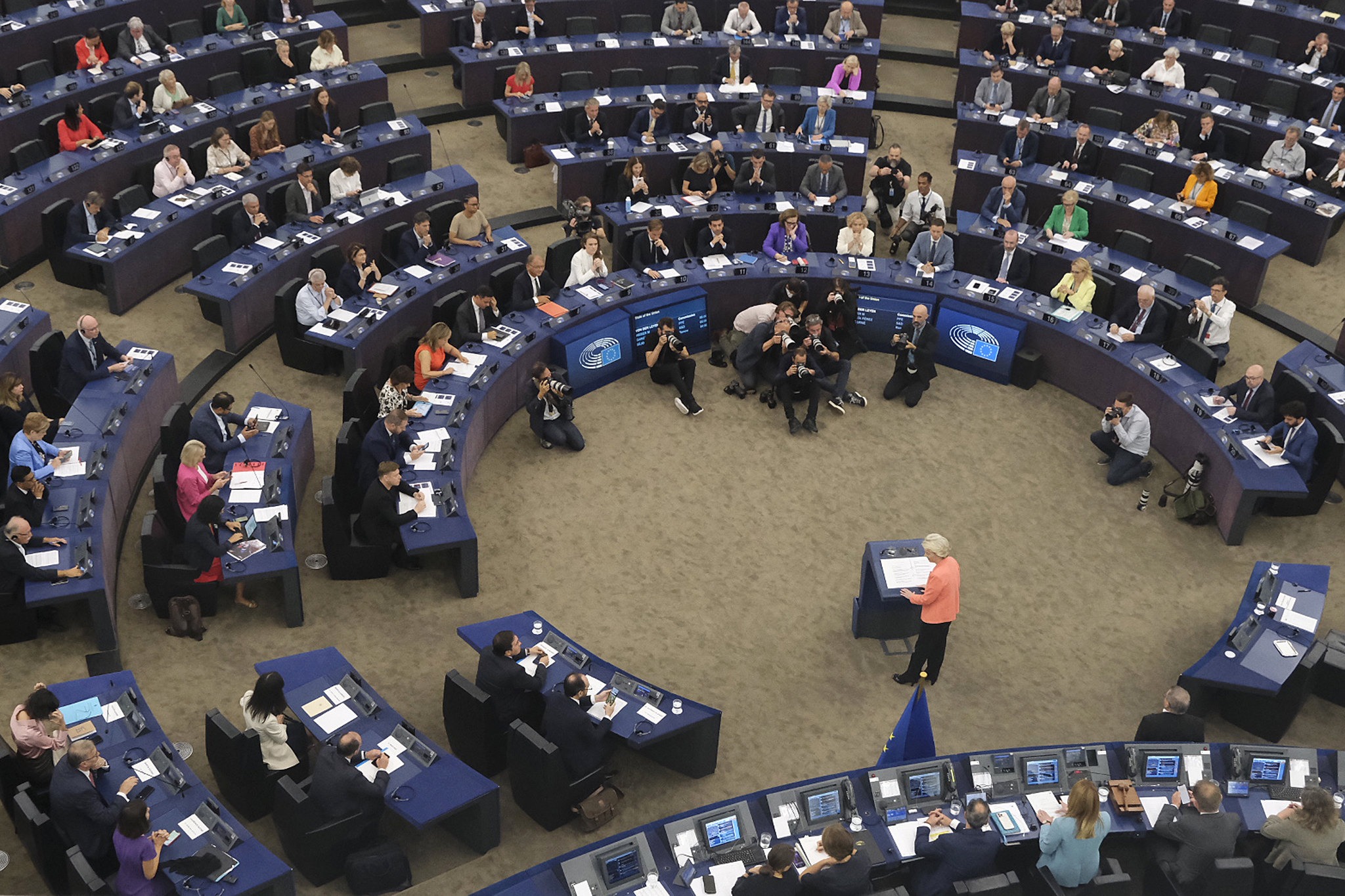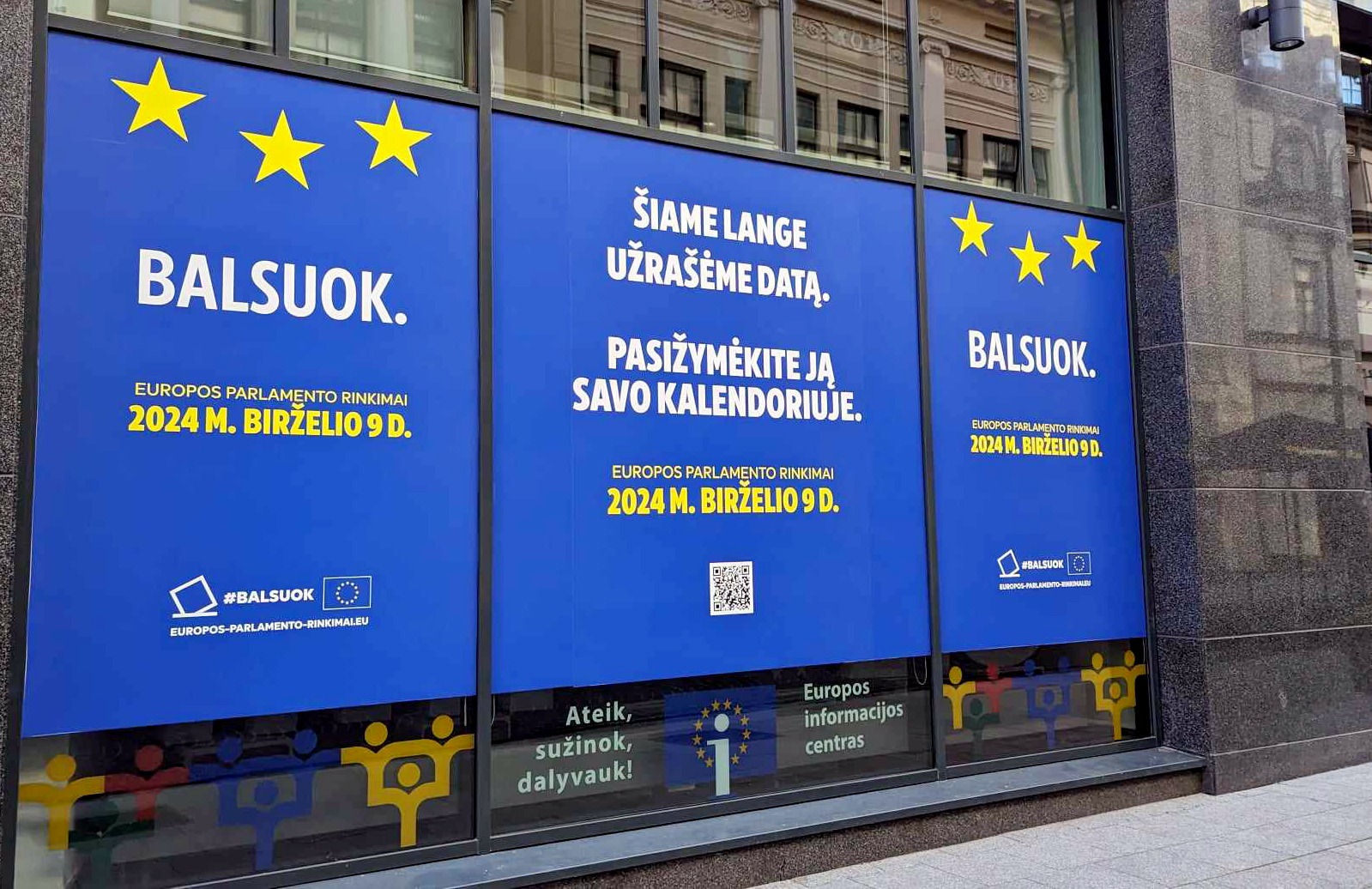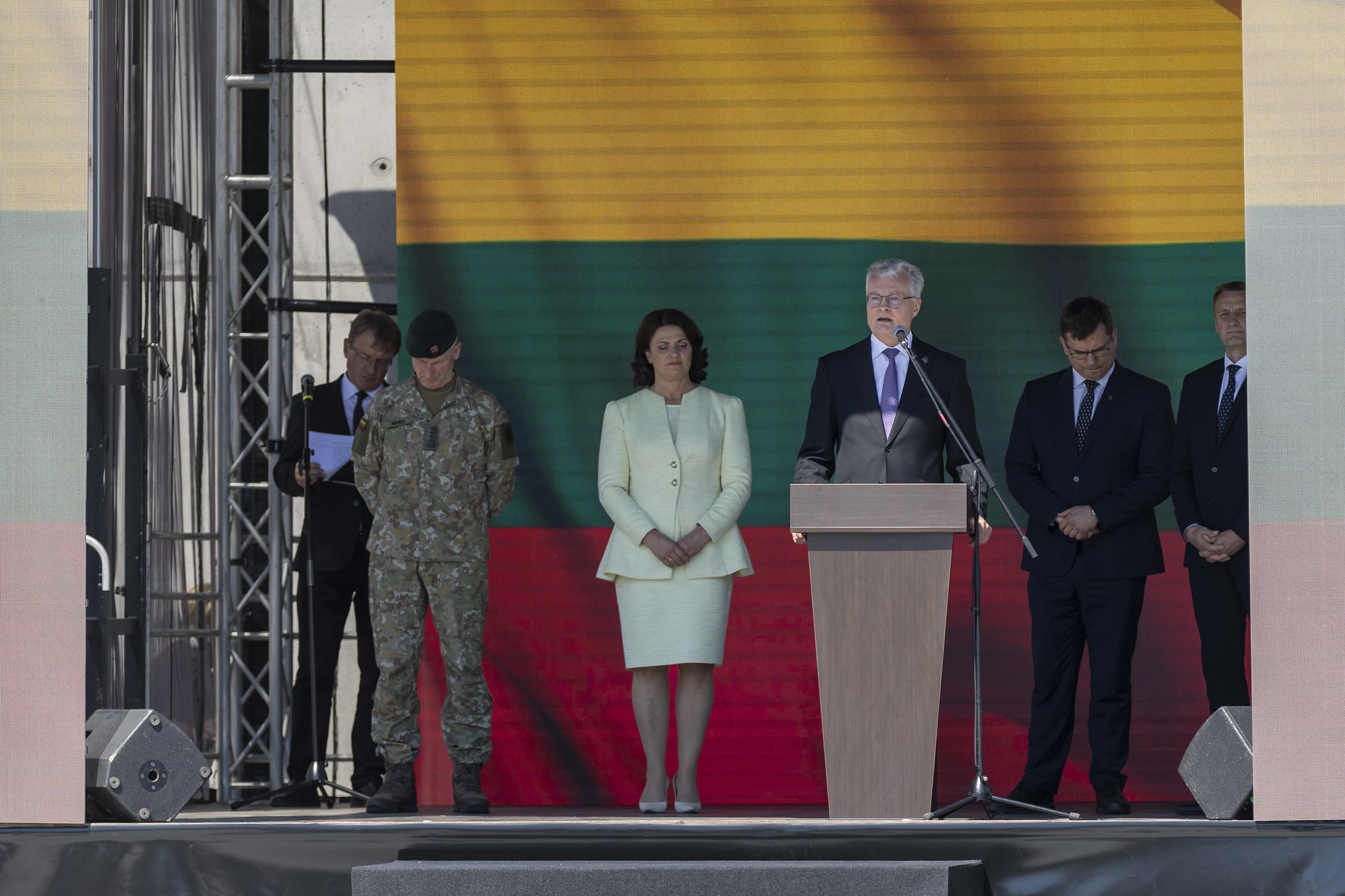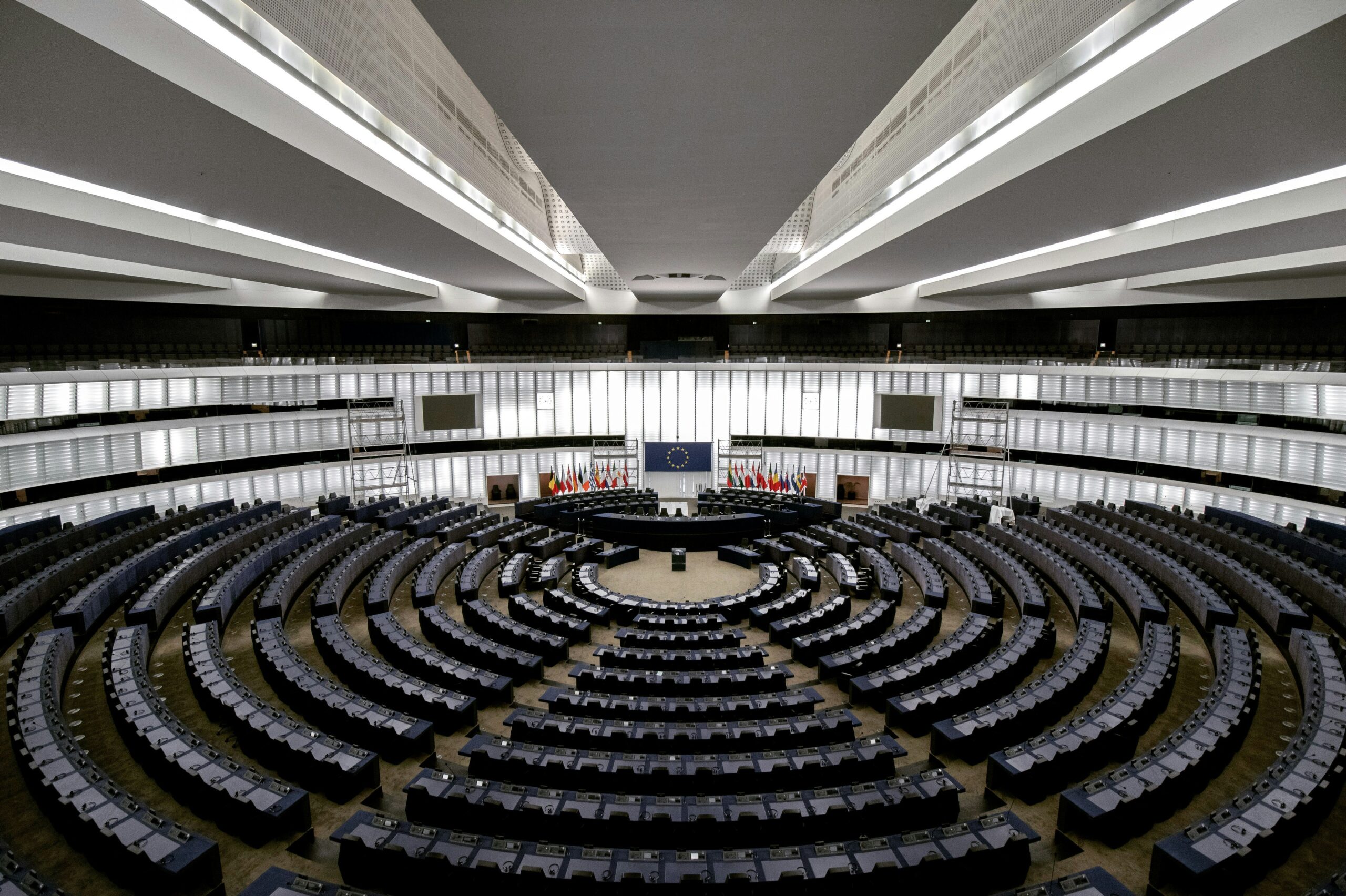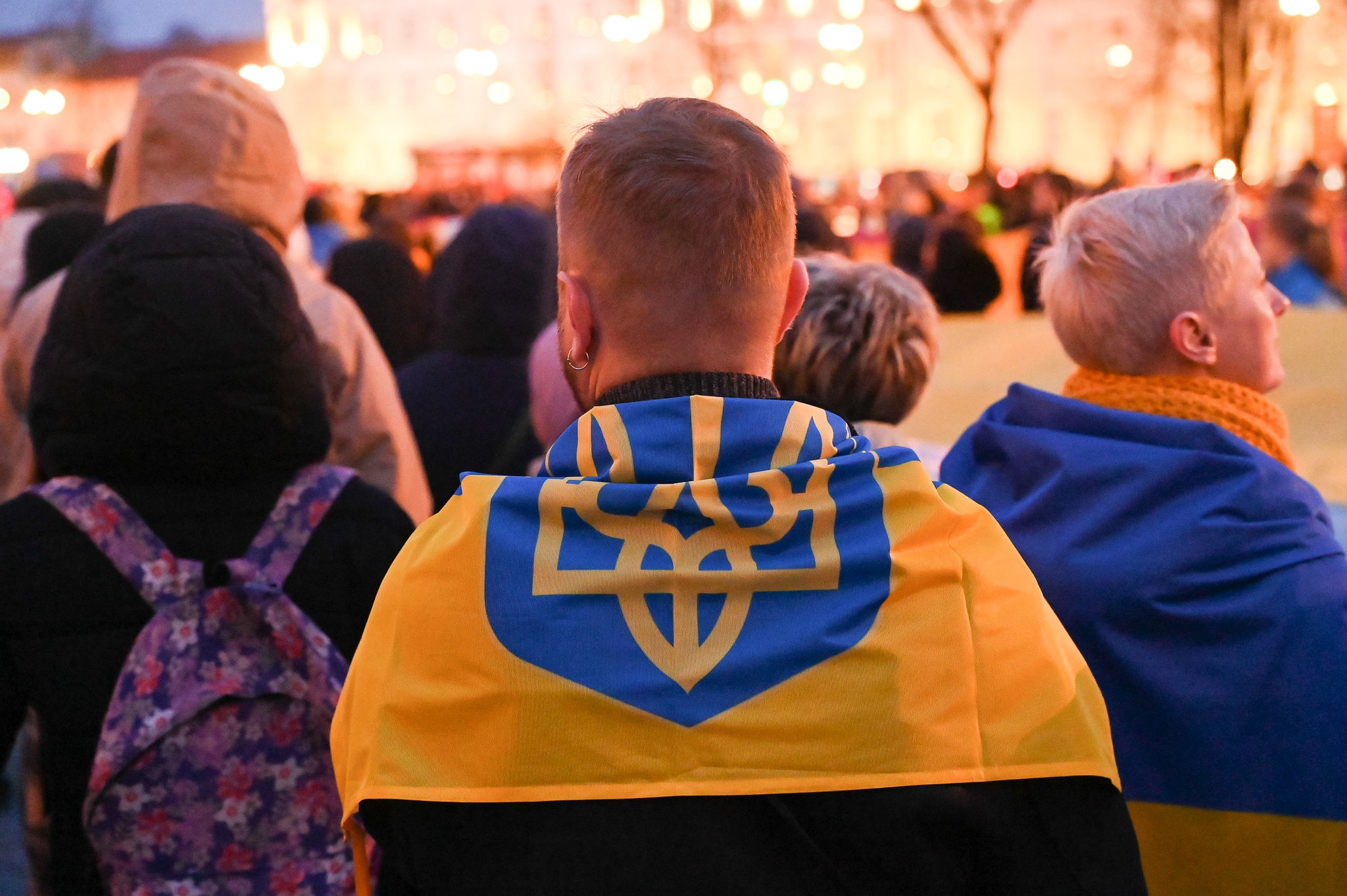Report
Estonia Monthly: Conscription Language Debate Reignites “Russophobia” Narratives
In December 2025, proposed language requirements for certain roles in Estonia’s conscription-based defence forces sparked renewed “Russophobia” narratives in Russian-language and pro-Kremlin online spaces. While critics framed the initiative as discriminatory toward Russian-speaking citizens, authorities emphasized operational safety, cohesion, and effective communication, highlighting ongoing tensions between integration, security, and minority rights.
Monthly Reports
Latvia Monthly: Europe has been overtaken by pride supporters and climate fanatics
During the reporting month, the content primarily examined topics such as the incompetence of the Latvian government and the European Union and its negative impact on the Latvian economy.
Read moreEstonia Monthly: Debates over new taxes
In the month of July, Estonian social media and web-based media actors generally focused on U.S domestic politics, the presidential race, and candidates Donald Trump and Joe Biden. Discussion surrounding the pitfalls of NATO
Read moreLithuania Monthly: European Parliament Elections
In June, Lithuanians took to social media to discuss a range of trending topics, as revealed by social media monitoring platform Awario.
Read moreLatvia Monthly: Nature of War and Military Service
During the reporting month, the content primarily examined topics such as the Russian language policies and corruption within the Latvian government and the European Union.
Read moreEstonia Monthly: Mistrust in NATO’s Article 5
In June, social media and other web-based media actors primarily focused on spreading disinformation narratives about the Estonian government (and its leaders), NATO, the U.S., and the European Union.
Read moreLithuania Monthly: The ongoing race for the presidency
On 19th May, the Central Electoral Commission (VRK) officially confirmed the results of the first round of the 2024 Lithuanian presidential election.
Read moreLatvia Monthly: Pro-Russian candidate for the European Parliament under the spotlight
During the reporting month, the content primarily examined topics such as the European Union, Russian language policies and corruption within the Latvian government.
Read moreEstonia Monthly: Kalla’s Excessive Interest in Supporting Ukraine
In the month of May, the Estonian social media and web-based media actors generally focused on the recurring theme of the maltreatment of Russian-speaking individuals within Estonia.
Read moreLithuania Monthly: The ongoing race for the presidency
During this reporting month, all Lithuanian social media platforms were full of heated debates about the upcoming presidential elections.
Read moreShowing 46 to 54 of 76 results
Don’t miss a story.
We publish stories that change laws, lives, minds and the world. Subscribe to our newsletter to get our investigations delivered to your inbox.
